Teaching Traveling: Welcome to teacher-traveler Alexandra! Alex, tell us a bit about yourself and explain the context in which you decided to travel.
Alex: My name is Alexandra Zinnes (Alex) and I teach 7th and 8th World Studies at the Friends School of Atlanta, a Quaker School. I myself am Quaker educated (at Westtown School in Westtown, PA) and am a member of the Atlanta Friends Meeting.
My travel experiences are a coming together of my spirituality and faith, my love of exploring other cultures and their histories, my passion for learning and sharing what I learn, and an emergent sense of my desire to serve my community and the wider world as a peacemaker.
I had always wanted to be someone who traveled a lot, and even had a long-held desire to live and work abroad, and while I had some significant travel and study abroad experiences prior to 2010, well, life happened and I guess you could say I went through a bit of an international traveling dry spell for several years. Fulfilling this deeply felt desire to encounter the world is in part the emotional context for my recent travel experiences.
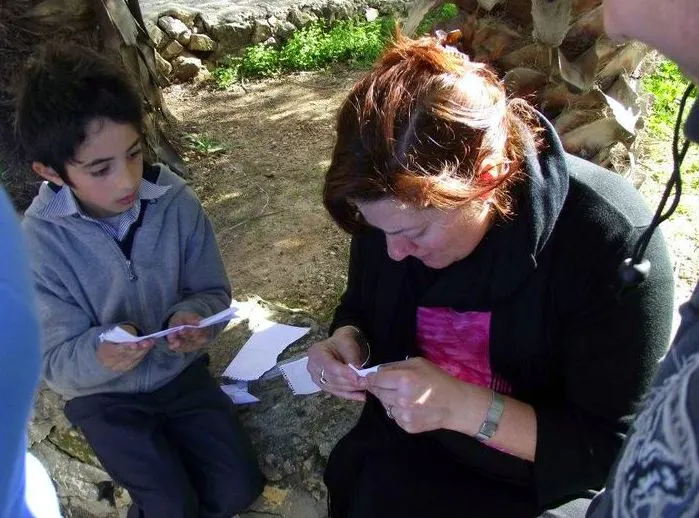
TT: What was the spark that led you to begin your travels?
A: In fall of 2010, I found myself conducting some research in preparations for a unit about Cuba. While reviewing material, I felt this intense longing well up inside me. I have always had a thing for Cuba.
As a young girl, I remember listening to my parents’ Latin jazz albums, my head against the speakers, as if the music could go into my body. I remember watching I Love Lucy reruns and being mesmerized when Ricky Ricardo sang “Babalu”. Maybe it sounds like a cheesy reason for wanting to go to Cuba, but my curiosity was piqued.
It wasn’t until I got older that I learned I couldn’t go, and it was when I got older still that I learned why. More than anything, it made me sad and angry that what I believed were destructive policies were obstacles to exploring such a vital part of the world.
In the middle of my lesson planning, the memory of my longing to visit Cuba came up and it was then that I received a leading – which is what Quakers call a spiritual impulse to take action — to explore the world of international Quakerism in five locations with unique Quaker histories: Cuba, Costa Rica, Kenya, England, and Israel and Palestine.
Since then, I have travelled to all five countries partnering with and encountering a variety of Quaker institutions witnessing the diversity of experience in the global Quaker community today.
TT: Amazing! Tell us a bit about each of the trips, their Quaker history, and what you did in each country.
A: In June 2011, I went to Cuba with the Global Service Program at the George School, a Quaker School with a long history of taking students around the world in a variety of service programs. How Quakers arrived in Cuba is a long-story, but the short version is they arrived at the invitation of United Fruit Company in 1905.
Our trip took us to the eastern end of Cuba in Holguin, the epicenter of Cuban Quakerism. With our Quaker Friends, we served and built solidarity that transcended political context. I witnessed so many experiences of joy and friendliness in the midst of adversity on this trip that will always stay with me.
Next, I wrote and received a grant from the Sue Turner Memorial Fund to visit Quaker-founded, Monteverde Friends School in Costa Rica in March of 2012. Founded by a number of American Quaker families who left the United States after being incarcerated for refusing to join the army in the Korean War after Costa Rica disbanded its own army in the early 1950s, Monteverde exists as a community carved out of the lovely and rugged cloud forest.
During my stay, I lived with one the earliest Quaker families in Monteverde (who emigrated from Europe) and I observed classes at the school documenting the contrasts and similarities. I hiked, worshipped, danced, ate, and listened to amazing stories about the founding and the lasting legacy of this unique Quaker community.
In April 2012, I attended the FWCC World Conference in Nakuru, Kenya, a gathering of over 850 Quakers from over 50 countries. Most people do not know that Kenya is the country with the most Quakers in the world. How did Quakerism arrive in Kenya? The way so much of Christianity arrives around the world: by missionaries!
I have found that most Americans (I was one of them), if they have any understanding of Quakers at all, believe that they all worship in silence in plain rooms without ornamentation without a preacher (and as a side note, have something to do with Quaker oats – they don’t – and/or are the same as the Amish – they aren’t).
Many people do not know that there are evangelical Quakers whose practice looks a lot like other Protestant faiths with Bible readings, hymns, pastors and mission efforts.
It turns out that there are many, many branches of Quakerism and in Kenya, we all came together for 10 days in an experience of sharing worship traditions, nurturing mutual understanding (which was not always easy given our differences), and building our world community.
It was without question the most diverse group experience I have ever encountered. Together in Kenya, I found this trip endlessly fascinating, profoundly challenging, and ultimately, immensely faith-deepening.
In July of 2012, with some financial support from the Atlanta Friends Meeting, I attended Philadelphia Yearly Meeting’s pilgrimage experience to the place where Quakerism first emerged in the Lake District region of northern England.
Sometimes called “1652 Country”, we toured the places and spaces where in 1652, George Fox, Quakerism’s founder, had his first Divine revelations and where he began the work of “convincing” others to his thinking.
Not a small undertaking in this time when defying the State was a dangerous proposition. I learned more powerfully than ever what an act of defiance it was (still is?) to be Quaker, and to think very deeply about my own commitment and faith.
For years, I wanted to go to Palestine because I knew Quakers had meaningful ties to the region in the form of the Ramallah Friends School in the West Bank. Founded in 1869 during the Ottoman Empire, the Ramallah Friends School first began educating girls, and later opened campuses for both boys and girls.
In January 2013, I attended Guilford College’s “Competing Narratives” trip to both Israel and Palestine. I call this trip “the whopper” because of the intensity and breadth of the experiences and learning.
While there, we met with and heard from a sheik from Hamas, a settler who lived near Bethlehem, the founder of a Modern Orthodox Feminist synagogue, a Palestinian businessman, a bomb-builder from the First Intifada turned peace activist, educators, interreligious leaders, activists, an archeologist, an IDF refusenik, and many, many more.
As an American Jew and Quaker, opening up to see and experience the context of the unequal conflict between Palestine and Israel expanded my understanding of the vital and challenging work of being a peacemaker.
It’s easy, tempting, and perhaps natural to come up with a reductive narrative to explain away someone’s humanity when we disagree with them in a profound way.
Harder is to listen to perspectives when they might be repugnant or offensive and yet find a way to feel connection to the speaker as a human full of complexity and deserving of respect. This understanding about the nature of peacemaking is a central takeaway to all of my travel experiences.
TT: So wonderful! How did you find the money to fund this travel?
A: Roughly 20% of my trip expenses were funded through grants and scholarships from Quaker organizations. The rest was self-funded. I think the most important donation I received that helped me was the donation of TIME from my head of school.
Early on, I sought his input about this leading, discussing how it would enrich me and my teaching, and seeking his suggestions and guidance. In short, I had his support both personally and institutionally which I believe was priceless. Mostly, the time I took off from school came from the days off we teachers receive each year, but when I needed a few days, my head of school found a way to make it work out.
TT: How have your travels impacted you as a teacher?
A: One of the rationales for my travel was how it would enrich me and my classroom instruction, so I knew early on that I needed to capture my experiences in a vital way. A big part of my travel was keeping a journal, taking lots of photos, and then returning and making slide shows about the experiences to document the experience as a sort of digital scrapbook.
Making these resources took a lot of time, discipline, and organization. As a side note, if you are traveling with the intention of sharing your travels as part of your curriculum, my advice is to gather things into a coherent form within a few weeks of returning home; don’t procrastinate! However you intend to share them, do that work while the raw impressions and details are fresh.
These scrapbooks are invaluable tools to help me remember key parts of the trip and to share what I learned. So, for instance, when I teach the economic history of coffee, I can now show my slide show from the tour I took in the Quaker coffee farm in Monteverde. Or, when I teach Quaker history, I can show students my hike up Pendle Hill where George Fox received his Divine Revelation.
On these trips, I cultivated a great number of relationships with people and organizations. When I taught about Israel and Palestine this spring, I was able to connect my students with pen pals from the Ramallah Friends School through a connection I formed with a teacher I met.
The learning from the pen pal exchanges was far richer and revelatory than any direct instruction could ever be. In short, my travel makes me feel more connected to the world. I have more resources. Indeed, I am a resource.
Most especially, as a World Studies teacher, I believe it is essential for me to model for my students the value of travel, to make it real and accessible to them such that they will be more open to experiencing diversity and difference for themselves.
TT: Love it. What advice do you have for teachers who are dreaming of travel, or travelers dreaming of teaching?
A: Like the Nike ad says, if you really want to travel, just do it. If you are feeling stuck, as I did at first, examine what you think are the barriers. Money? Time? Fear (of what, exactly)? In part, those were some of my personal barriers.
I would submit that as solid as these obstacles feel sometimes, they simply aren’t as impervious as we tell ourselves. There’s a Jimmy Cliff song that says, ‘you can get it if you really want it, but you must try, try and try, try and try, you’ll succeed at last.”
If you really want it, start thinking about how to make it work. Get creative. Stay open to the possibility that, as Quakers say, “way will open.” It certainly did for me.
TT: Thanks so much, Alex! Readers, what questions or comments do you have for this fabulous teacher-traveler?
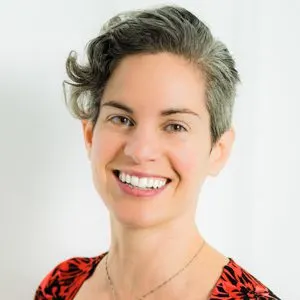
The author, Lillie Marshall, is a 6-foot-tall National Board Certified Teacher of English from Boston who has been a public school educator since 2003. She launched TeachingTraveling.com in 2010 to share expert global education resources, and over 1.6 million readers have visited over the past decade. Lillie also runs AroundTheWorld L.com Travel and Life Blog, and DrawingsOf.com for educational art. Do stay in touch via subscribing to her monthly newsletter, and following @WorldLillie on social media!
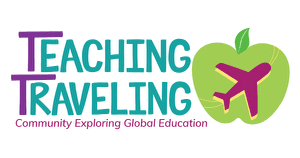

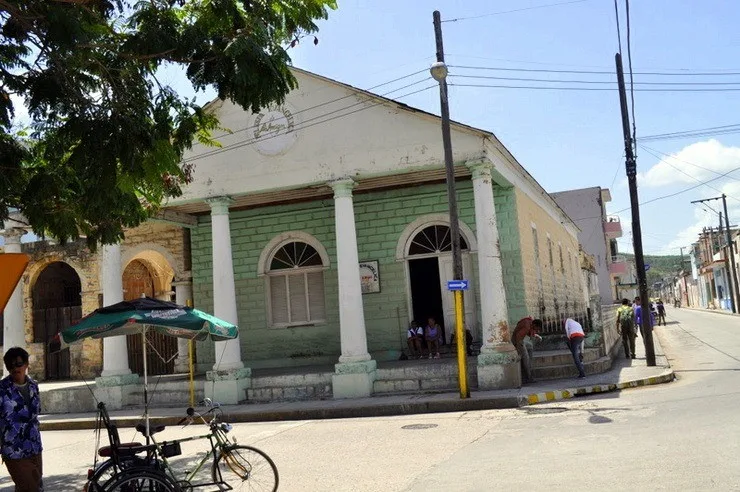
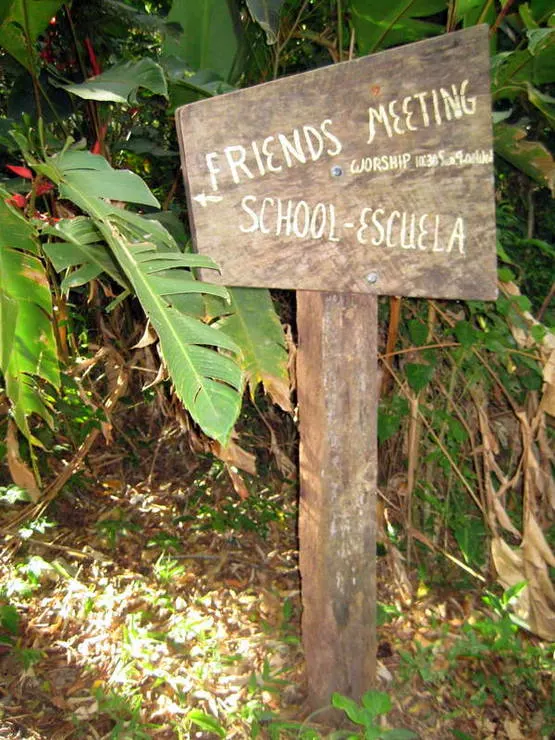
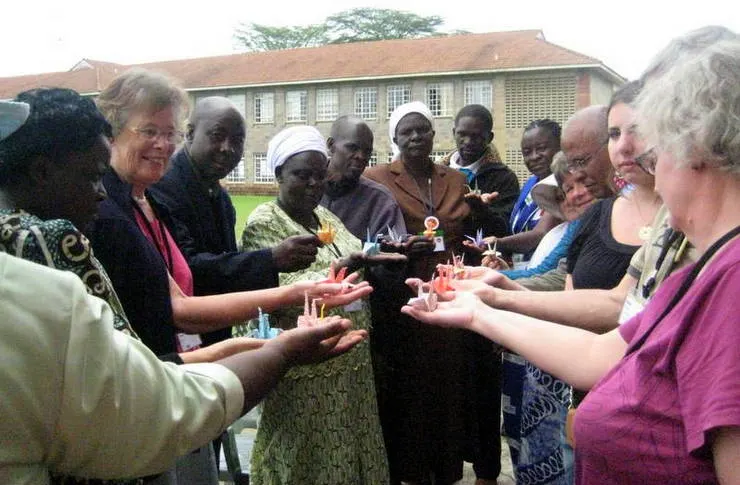
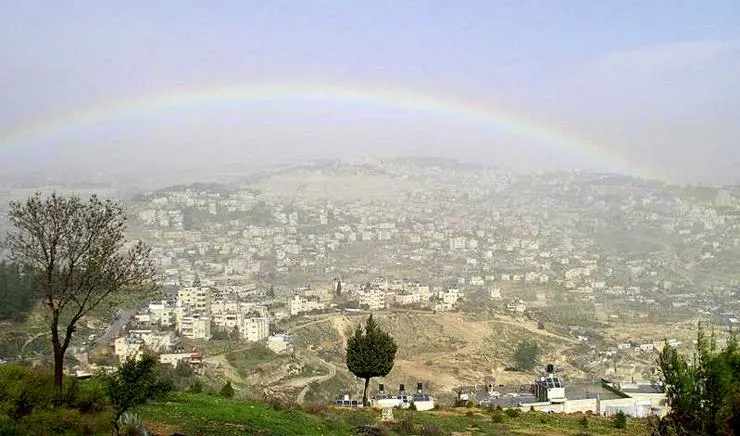
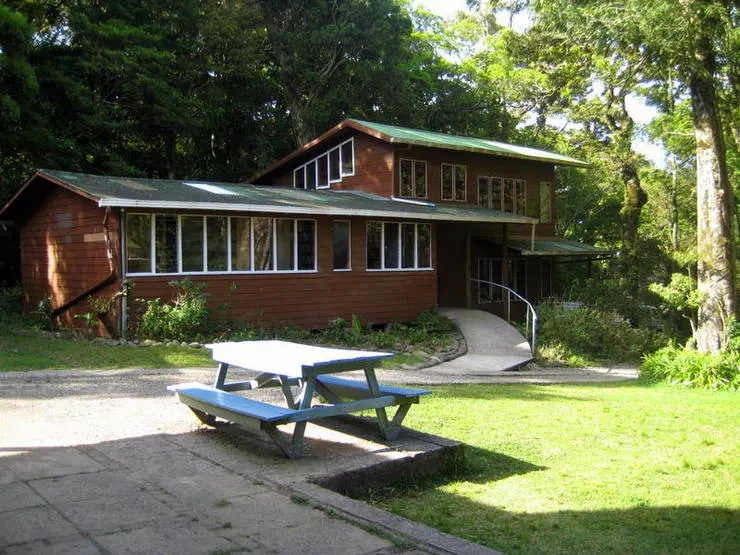
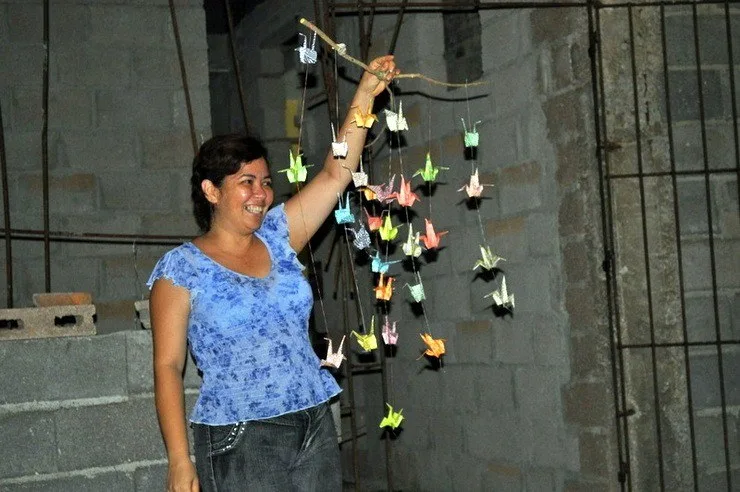
Judy Lumb
Saturday 31st of August 2013
I really enjoyed reading this interview, Alex. I'm sorry I missed your presentation in Atlanta. I was so happy to meet you in our Home Group at Kabarak. I still have the folded crane and one of my favorite photos from the 6th World Congress is the one with our cranes on our hands extended into the circle. It was great to have someone from Atlanta in the group. My leading to go to Africa was similar to your leading to travel. I had always wanted to go to Africa, since I was a child. I wrote a blog, first on my website until my computer quit doing websites, and then on wordpress .
Marc d'Entremont
Friday 30th of August 2013
Wonderful story. As a member of Abington Meeting (PA), my oldest son went to Cuba in the early 1990s and spent several weeks on a farming cooperative. Since we had lived, and he was born, in Puerto Rico, language was no issue. To this day it's both a highlight of his life and the Quaker education I was able to provide. Someday I hope to follow his lead!
Thomas
Thursday 29th of August 2013
Great hearing your story! I am not a teacher traveler but I enjoy hearing and learning about what other are doing and how they are doing things. We are planning to travel more as a family and have hopes to do exactly as you put it. Just do it!
Karuna
Wednesday 21st of August 2013
I am inspired by your passion to teach and learn through international travel ... I have made trips to Mizoram, india to do 12-Step missions .. . keep up the travel bug ... thank you for being who you are ...
Karuna
Lynne Brick
Tuesday 20th of August 2013
Nice article, Alex! I retired this June and have more flexibilty in my travel plans. Your article is truly inspiring! Glad to have met you on the Quaker Pilgrimage. I have used power points from many of my travels in school and other places. Travel learning is such a gift!